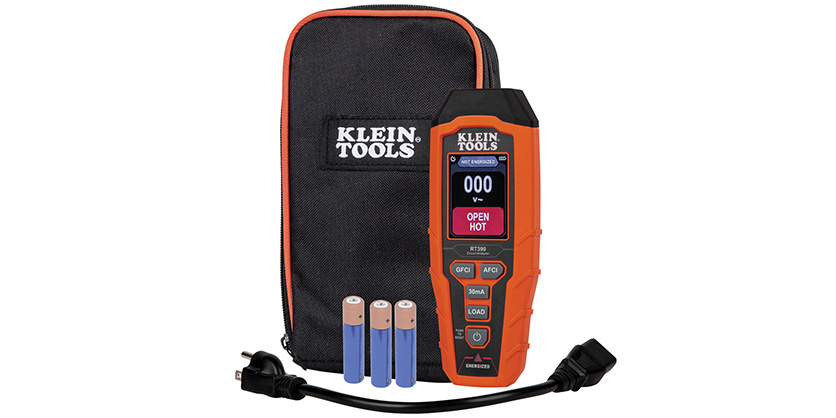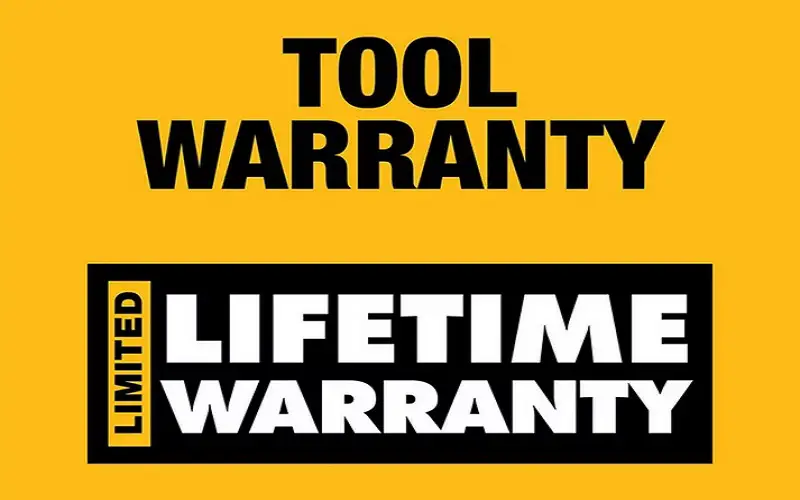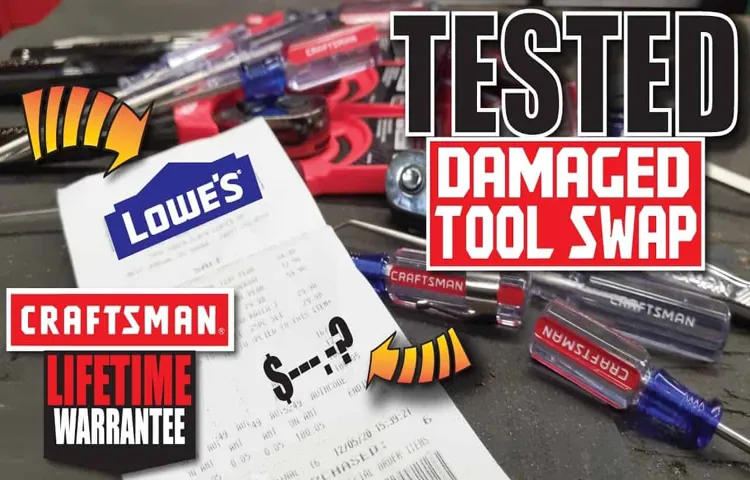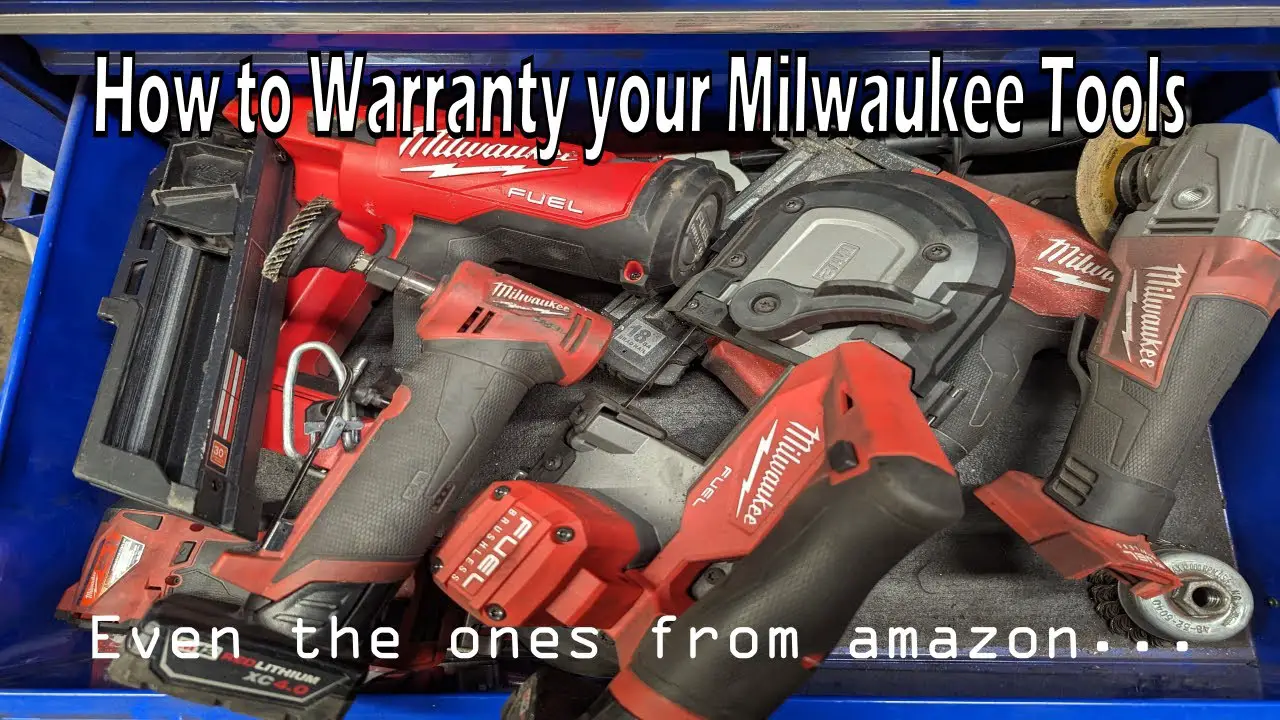Does Klein Tools Have A Lifetime Warranty
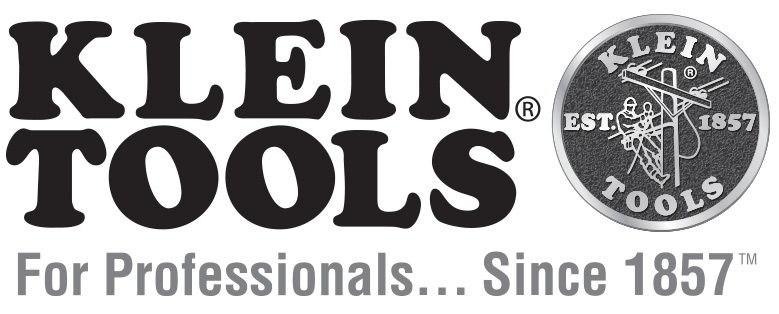
Klein Tools Warranty: A Comprehensive Guide for HVAC Professionals and Homeowners
When investing in HVAC tools, durability and reliability are paramount. Professionals and homeowners alike seek assurance that their investment will withstand the rigors of daily use. One crucial factor in this decision-making process is the manufacturer's warranty. In this article, we delve into the warranty offered by Klein Tools, a brand renowned for its quality and craftsmanship in the HVAC industry and beyond. We'll explore the specifics of their warranty policy, compare it to those of other leading tool manufacturers, and provide insights to help you make an informed purchase.
Understanding the Klein Tools Warranty
Klein Tools generally offers a limited lifetime warranty on most of its hand tools. This warranty protects against defects in material and workmanship for the normal life of the product. However, it's essential to understand the nuances of this policy.
What Does the Limited Lifetime Warranty Cover?
- Defects in Materials: The warranty covers flaws or imperfections in the materials used to manufacture the tool.
- Defects in Workmanship: This includes errors or shortcomings in the construction or assembly of the tool.
- Normal Life of the Product: This is a key aspect. The "normal life" refers to the period during which the tool can be reasonably expected to perform its intended function under normal use conditions.
What is NOT Covered?
- Normal Wear and Tear: Like any tool, Klein Tools will experience wear and tear over time. This includes cosmetic changes, scratches, and the gradual degradation of cutting edges.
- Misuse and Abuse: The warranty does not cover damage resulting from improper use, neglect, accidents, or alterations. This includes using a tool for purposes for which it was not designed.
- Resharpening: The need to resharpen cutting tools is considered normal maintenance and is not covered by the warranty.
- Electrical Components: Electronic testers and other products with electrical components may have a different warranty period, typically shorter than the lifetime warranty for hand tools. Check the specific product documentation for details.
How to Make a Warranty Claim:
If you believe your Klein Tools product has a defect covered by the warranty, you'll typically need to:
- Contact Klein Tools: Reach out to their customer service department through their website or by phone.
- Provide Proof of Purchase: You'll likely need to provide a receipt or other documentation to verify your purchase date.
- Describe the Defect: Clearly explain the issue you're experiencing with the tool.
- Return the Tool: In some cases, you may be required to return the tool for inspection.
Klein Tools vs. Competitors: Warranty Comparisons
To provide a comprehensive understanding of the Klein Tools warranty, let's compare it to those offered by other prominent HVAC tool manufacturers.
Milwaukee Tool
Milwaukee Tool offers a variety of warranties depending on the product type. Their hand tools typically have a limited lifetime warranty similar to Klein Tools, covering defects in materials and workmanship. Power tools often come with a shorter warranty period, such as 5 years, and batteries have their own specific warranty terms.
Fluke
Fluke, known for its high-precision testing equipment, typically offers warranties ranging from one to three years, depending on the product. Some products may have extended warranties available. Their warranties generally cover defects in materials and workmanship under normal use and service.
Fieldpiece
Fieldpiece, a brand specializing in HVACR test instruments, generally offers warranties ranging from one to two years. Like Fluke, they focus on precision and offer warranty periods suitable for their products. Be sure to register new equipment with Fieldpiece to ensure warranty coverage.
Ridgid
Ridgid offers a full lifetime warranty against material defects and workmanship. This means that the warranty extends to the life of the tool for as long as you own it. However, certain exceptions and limitations may apply, so reviewing the complete warranty is vital.
Choosing the Right Tools: Beyond the Warranty
While the warranty is an important consideration, it shouldn't be the sole deciding factor when choosing HVAC tools. Consider the following factors as well:
- Durability and Build Quality: Look for tools made from high-quality materials that can withstand the demands of your work. Read reviews and seek recommendations from other professionals.
- Ergonomics and Comfort: Choose tools that are comfortable to use for extended periods, reducing fatigue and the risk of injury.
- Features and Functionality: Select tools that offer the features you need to perform your tasks efficiently and accurately.
- Price: Balance your budget with the quality and features you require.
- Brand Reputation: Consider the brand's reputation for quality, reliability, and customer service.
The Importance of Proper Tool Maintenance
Regardless of the warranty, proper tool maintenance is crucial for extending the life of your tools and ensuring their optimal performance. Here are some essential maintenance tips:
- Clean Tools Regularly: Remove dirt, grime, and debris after each use.
- Lubricate Moving Parts: Use appropriate lubricants to keep moving parts operating smoothly.
- Sharpen Cutting Edges: Keep cutting edges sharp for efficient and accurate cuts.
- Store Tools Properly: Store tools in a dry and organized manner to prevent damage and corrosion.
- Inspect for Damage: Regularly inspect tools for signs of wear, damage, or defects.
Examples of Klein Tools Commonly Used in HVAC
Klein Tools provides a wide range of tools useful in HVAC applications. These tools stand up to heavy use in the field:
- Wire Strippers/Cutters: Essential for electrical work, these tools offer precise wire stripping and cutting capabilities.
- Pliers: Various types of pliers, such as needle-nose, diagonal-cutting, and lineman's pliers, are indispensable for gripping, cutting, and manipulating wires and components.
- Screwdrivers and Nut Drivers: A variety of screwdrivers and nut drivers with different sizes and tip types are needed for fastening and loosening screws and nuts.
- Multimeters: Used for measuring voltage, current, and resistance in electrical circuits, multimeters are crucial for troubleshooting electrical problems.
- Hole Saws: Used for creating holes in various materials, such as metal and wood, for installing pipes and conduits.
- Cable Cutters: Heavy-duty cable cutters are used for cutting large-diameter cables.
- Crimping Tools: Used for crimping connectors onto wires and cables.
HVAC System Considerations: AFUE, SEER, and HSPF
When working with HVAC systems, understanding key efficiency ratings is crucial. These ratings help determine the energy efficiency of heating and cooling equipment.
- AFUE (Annual Fuel Utilization Efficiency): This rating measures the efficiency of furnaces and boilers. A higher AFUE indicates better fuel efficiency. Modern high-efficiency furnaces can have AFUE ratings of 90% or higher.
- SEER (Seasonal Energy Efficiency Ratio): This rating measures the cooling efficiency of air conditioners. A higher SEER indicates better energy efficiency. Current standards require new air conditioners to have a SEER rating of at least 13 or 14, depending on the region. High-efficiency models can achieve SEER ratings of 20 or higher.
- HSPF (Heating Seasonal Performance Factor): This rating measures the heating efficiency of heat pumps. A higher HSPF indicates better energy efficiency. Current standards require heat pumps to have an HSPF rating of at least 8.2. High-efficiency models can achieve HSPF ratings of 10 or higher.
Conclusion: Making an Informed Decision
The Klein Tools limited lifetime warranty provides a level of assurance that your tools are protected against defects in materials and workmanship. However, it's important to understand the limitations of the warranty and to prioritize proper tool maintenance. By considering the warranty, durability, ergonomics, features, and price, you can make an informed decision and choose the best tools for your HVAC needs. Remember to compare different brands and models, and to consult with other professionals for recommendations. A well-equipped toolbox is essential for efficient and safe HVAC work.
Furthermore, remember to consider the overall efficiency and performance of the HVAC systems you are working with. Understanding AFUE, SEER, and HSPF ratings will enable you to properly service and advise clients on the best heating and cooling solutions for their needs.

